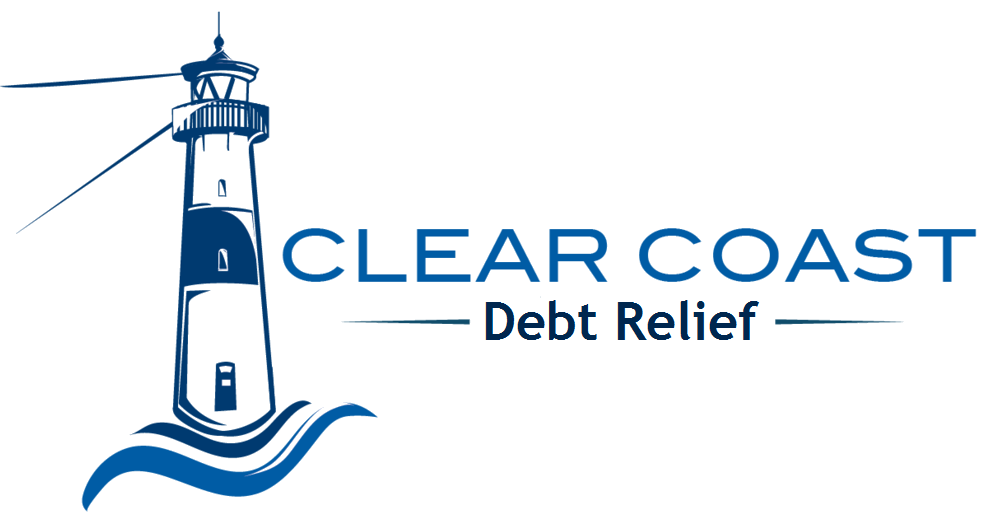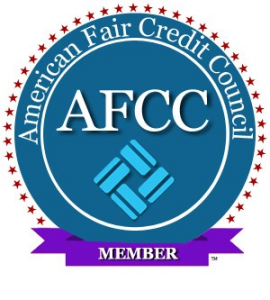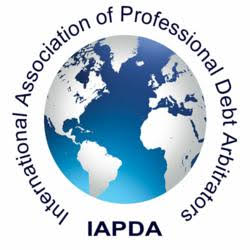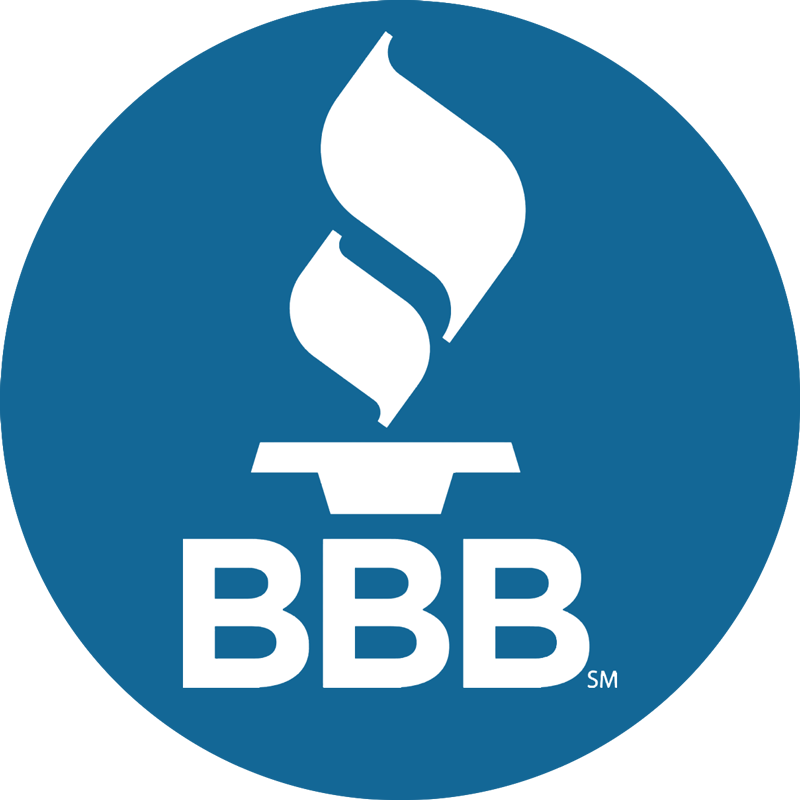Budgeting Tips – Ways To Budget & Save Money
In your 20s and 30s accumulating debt may not appear to be an earth shattering event. Everyone has it and it feels like it’s just part of life. Buying a home, keeping up with the latest cars, upgrading technology, and taking regular vacations. It is all part of living the American Dream. Yet in your 50s and 60s that same debt you have been carrying for decades now can feel like a noose around your neck, preventing you from meeting financial goals and obtaining the retirement you have always dreamed of.
Weeks go by and you forget to cancel a subscription or you are paying for ongoing services you never use. Money spent at convenient stores and spontaneous spending that adds little or no value to your life, yet drains your budget. Finding and stopping these leaks may be the difference between living within your means or adding debt to your bottom line each month. Plugging spending gaps can create extra funds that may be used to pay down debt or build a rainy day fund, without impacting your quality of life.
Personal Budgeting Tips
It is never too late to change your habits and begin living a debt free life. These budgeting tips will lead you to a life without debt and the worry and stress that comes along with it.
Track Your Spending
The easiest way to find leaks in your budget is to establish where every penny goes for a 30 day period. While this is not the most pleasant task, it forces you to face the hard reality of where your money goes. To accomplish this either keep a journal of every expense, even the $2 in lottery tickets or the $5 convenience store purchase for a soda and candy bar. The other option is to charge every item on your debit card and make a note on the receipt what it was for and keep the receipts in a box.
Don’t Spend Money You Don’t Have
This will require a change in how you look at money and debt. As long as you’re using debt or charge cards as a stop gap for financial shortages you cannot reduce and eliminate the debt you currently have. The easiest way to accomplish this is to go to a cash budget until spending is under control.
Look For Opportunities To Save
Life is unpredictable and it is not always possible to account for unexpected expenses. The car breaks down and the roof leaks. Having money set aside to deal with the unexpected will prevent these expenses from being charged on a high interest credit card. When there is no emergency fund, efforts to become debt free can feel like one step forward and two steps back.
Here are some places to look to save money:
- Set aside a week or even a month where you have a spending freeze. Then consider what things you really missed and what spending you didn’t even notice.
- Shop with a list. You are less likely to buy extra things if you stick to a set shopping agenda.
- Find a less expensive source of entertainment. Are you paying for premium cable channels or pay-per-view when you could subscribe to Netflix and get the same shows for less? Are concerts or other entertainment you would enjoy available free or less on certain days.
- Don’t save credit card information at online stores. When you are forced to re-enter your information it will remind you to think twice about your buying decision. Things that are too convenient lead to overspending.
- Look at memberships and subscriptions and make sure they are used and valuable. Paying for a gym membership or magazine subscriptions when not used is a money leak.
Create A Realistic Budget
Really consider your spending habits and what triggers overspending, then create habits that address these concerns. This will help you stick to the budget you have set. What is budgeting? In reality, a budget is just numbers on a page. If you don’t track what you spend and set realistic goals that can be monitored, you will be unable to really make differences in how you spend money. The idea of a budget is to create spending patterns based on the things that matter most to you. Having it in written form, or on a convenient app, will help you measure progress, stay on track and celebrate success. Once you have trimmed your expenses, set a realistic budget and follow it. The closer the budget is followed the better control you have over spending.
Get Rid Of Your Debt With Clear Coast Debt Relief
Money management is not about forcing you to spend money a certain way, it’s about giving you control over spending so you have the financial freedom to allocate funds where they are most meaningful. Plugging the leaks in your spending and finding ways to budget and save money will give you more money for the things that are most important to you and your family.



